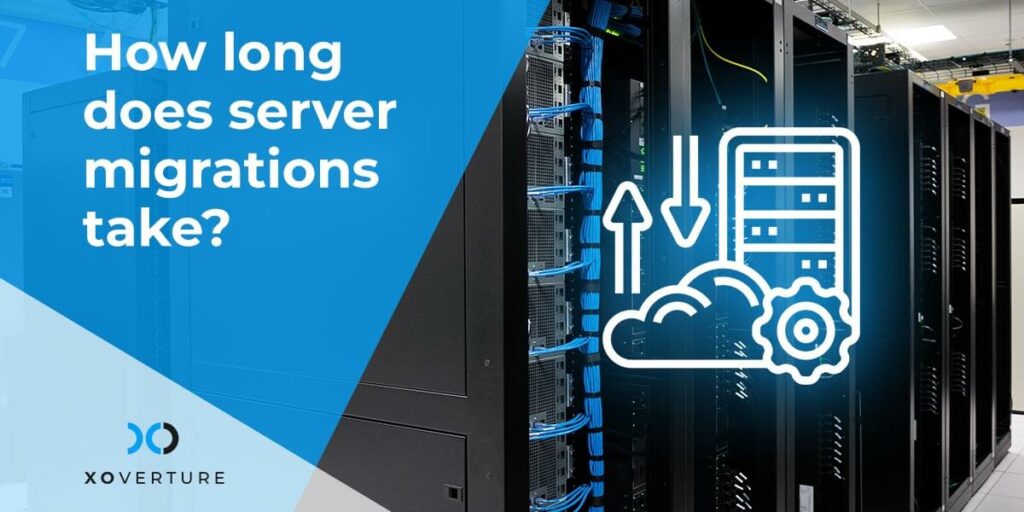As data becomes more digitalized, your company and customer data is becoming more exposed to serious risks. Natural disasters, malware and cyber crimes can cause huge financial loss and irreparable damage to your reputation.
In fact, without the proper disaster recovery or business continuity plan (BCP), a disaster may put you out of business altogether. Fortunately, there are affordable options that can ensure your business is both adequately protected and well prepared if disaster should strike.
Cloud services offer flexible, scalable, and economical options that not only benefit your company without jeopardizing your security, it also ensures your data is safely stored and easily accessible whenever you need it.
The Value of Disaster Recovery and BCP
 There are two kinds of disasters that can potentially close your company’s doors forever. The first are natural disasters such as fires, earthquakes, and hurricanes. One report claims that 80 percent of businesses that face a natural disaster never recover. The businesses that do recover usually suffer huge financial loss.
There are two kinds of disasters that can potentially close your company’s doors forever. The first are natural disasters such as fires, earthquakes, and hurricanes. One report claims that 80 percent of businesses that face a natural disaster never recover. The businesses that do recover usually suffer huge financial loss.
The second kind of disaster is the result of hackers and cyber attacks. These are becoming far more rampant and includes data breaches, disruptive malware, and critical IT failure. Attacks on Sony, Home Depot, and Target involved the theft of sensitive data, intellectual property, and millions of customer payment cards and online bank accounts.
Most businesses simply can’t afford the cost of a cyber attack. According to the 2014 Cost of Cyber Crime Study conducted by the Ponemon Institute, the average cost to resolve a single attack can total over $1.6 million. In fact, 60 percent of companies that do lose their data will shut down within half a year. Furthermore, the average cost of downtime is roughly $336,000 per hour.
The statistics show that adequate disaster recovery and BCP provide invaluable protection to every business. With cloud computing not only do you prevent disasters from ever happening, you can mitigate their impact, reduce your business downtime, and use cloud applications to increase your ROI.
How Cloud Services Can Keep Your Data Safe
Storing and managing your data on the cloud means you’ll worry less about disasters and cyber attacks that can compromise or wipe out company and customer data. In fact, cloud services may actually offer better security and disaster recovery than locally managed systems, especially for companies small to mid-sized.
For instance, multifactor authentication, frequent security patching, and stronger physical security controls protect your company against hackers, cyber attacks, and malware. If a disaster should strike, you can easily access and restore all your data from any device (from tablets to mobile phones), preventing any downtime or workflow disruptions.
In fact, cloud adopters resolve disruptive issues on average 2 hours quicker (4 times) than companies with traditional IT infrastructure. If a disaster were to destroy any of your hardware or databases, you can quickly download all your data from the cloud and get your company back online without facing serious financial loss.
But cloud services offer more than disaster recovery solutions. Its secure servers and 24 hour monitoring actually decrease hacking and malware vulnerabilities, while also reducing your dependency on physical hardware and on-site infrastructure.
 Security Meets Sustainability
Security Meets Sustainability
The cloud’s secure and multitenated architecture provides a variety of computing resources that will save your business a significant amount of money. It reduces your need to build on-site infrastructure, license software, maintain and upgrade hardware, and cut computing time and expenses.
84 percent of companies that adopted the cloud reported a substantial cut in application costs, reducing their IT expenditures by up to 25 percent. Cloud adopters can also potentially cut 60-85 percent of their energy costs, according to research by Google. Furthermore, servers, databases, and software applications provided by the cloud deliver 70 percent more ROI than on-premise applications.
Most cloud providers also offer a pay as you go model that can be revamped or scaled down depending on your needs. Whether you simply need to a secure way to store your data, make your IT more sustainable, or improve your company’s overall productivity, the cloud provides affordable solutions to help your business succeed.
Conclusion
Businesses that don’t invest in disaster recovery are exposing themselves to severe risks that shouldn’t be taken lightly. And as cyber crimes make national headlines and grow more rampant, there is no excuse to ignore protection.
So if you’re looking for a sustainable disaster recovery solution that will keep your data secure and prevent disruptive events from ever happening, the cloud might be the best solution for your company.
To learn more, contact us today.


 Security Meets Sustainability
Security Meets Sustainability

